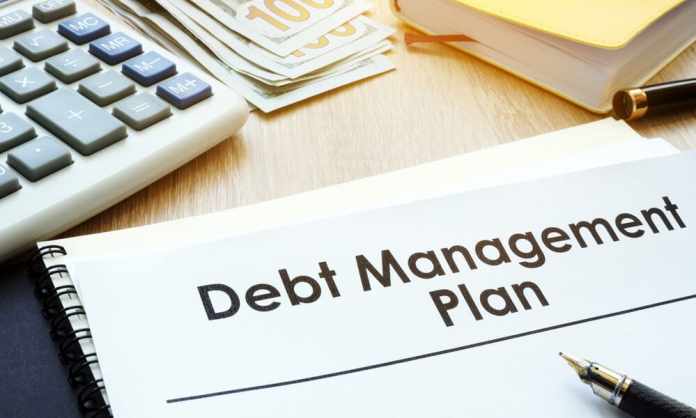In the United States, the average household carries $5,315 in credit card debt. Struggling with debt can feel overwhelming, but solutions are available. The type of debts and their amounts will determine the best option for you. One of these options is a Debt Management Program (DMP).
DMPs are offered by credit counseling organizations. They can be a solution for people burdened by unsecured loans such as credit card obligations. Home loans and car loans don’t qualify.
Is a debt management program right for you? As with any financial decision, there’s a lot to consider. Before you begin a DMP, you should understand the process, its benefits, and its drawbacks.
Understanding How Debt Management Programs Work
Enrolling in a debt management program is straightforward. First, contact a credit counseling organization. They can assess your situation and provide professional advice. Eager to start today? Take the free online assessment at to see if a DMP is right for you.
A credit counseling organization will work to secure a lower interest rate. In exchange, you’ll need to agree to certain terms. This includes having your credit frozen for the duration of the program. If you and your counselor agree that a DMP is your best option, then you will sign paperwork.
Benefits of Using a Debt Management Program
Each person’s financial situation is unique. But there are some common advantages to using a debt management program.
Lower Payments: A lower interest rate means a lower payment. You’ll make one monthly payment to the credit counseling organization. In turn, they ensure your creditors are paid. Your budget is simplified with one predictable payment.
Fewer Collection Calls: If you’re making payments as outlined in your DMP, then calls from your creditors will stop. One word of caution: Expect it to take up to 90 days for lenders to process the program’s paperwork.
No Long Term Impact on Credit Score: When enrolled in a debt management program, one of the terms is that you will close your credit accounts. This can negatively affect your credit score, as your credit history has disappeared. But the impact is only temporary.
In the long term, making regular payments as part of the DMP will strengthen your payment history. Bonus: You will avoid the negative consequences of declaring bankruptcy.
Drawbacks of Using a Debt Management Program
A debt management program isn’t the best option for everyone. Talk to a trusted professional before making any financial decision.
It Takes Time: Your debt didn’t appear overnight, and it’s not going to disappear overnight. A successful debt management program usually takes about four years to complete. Your credit counselor should provide you with a timeline for your specific situation.
You Still Owe The Full Amount: A debt management program requires you to repay the entire balance of your debts. Even with a lower interest rate, the payment might still be challenging. If you don’t think it’s workable, talk to your credit counselor about other options.
Some Credit Accounts May Be Closed: Certain credit accounts will be closed, and you’ll agree to refrain from applying for new credit until your DMP is complete. Your credit report will be monitored to ensure you’re complying.
If you have a credit card for your business, ask your counselor about whether this will be affected.
There Are Fees
Credit counseling organizations charge an initial fee for setting up a DMP. A cost of $50 to $75 is typical. Once enrolled in the program, you can also expect to pay a monthly fee. The amount will vary; depending on the types and amounts of debts you’re carrying. Avoid any surprises by requesting a fee schedule before beginning the program.
Selecting a Credit Counseling Organization
So, is a debt management program right for you? A reputable credit counseling organization can help you decide. The Federal Trade Commission provides advice on selecting a credit-counseling agency to help ensure you find a solid one. It’s an important decision, so do your research. It’s your first step to fixing past financial mistakes and finding a path to a better future.








